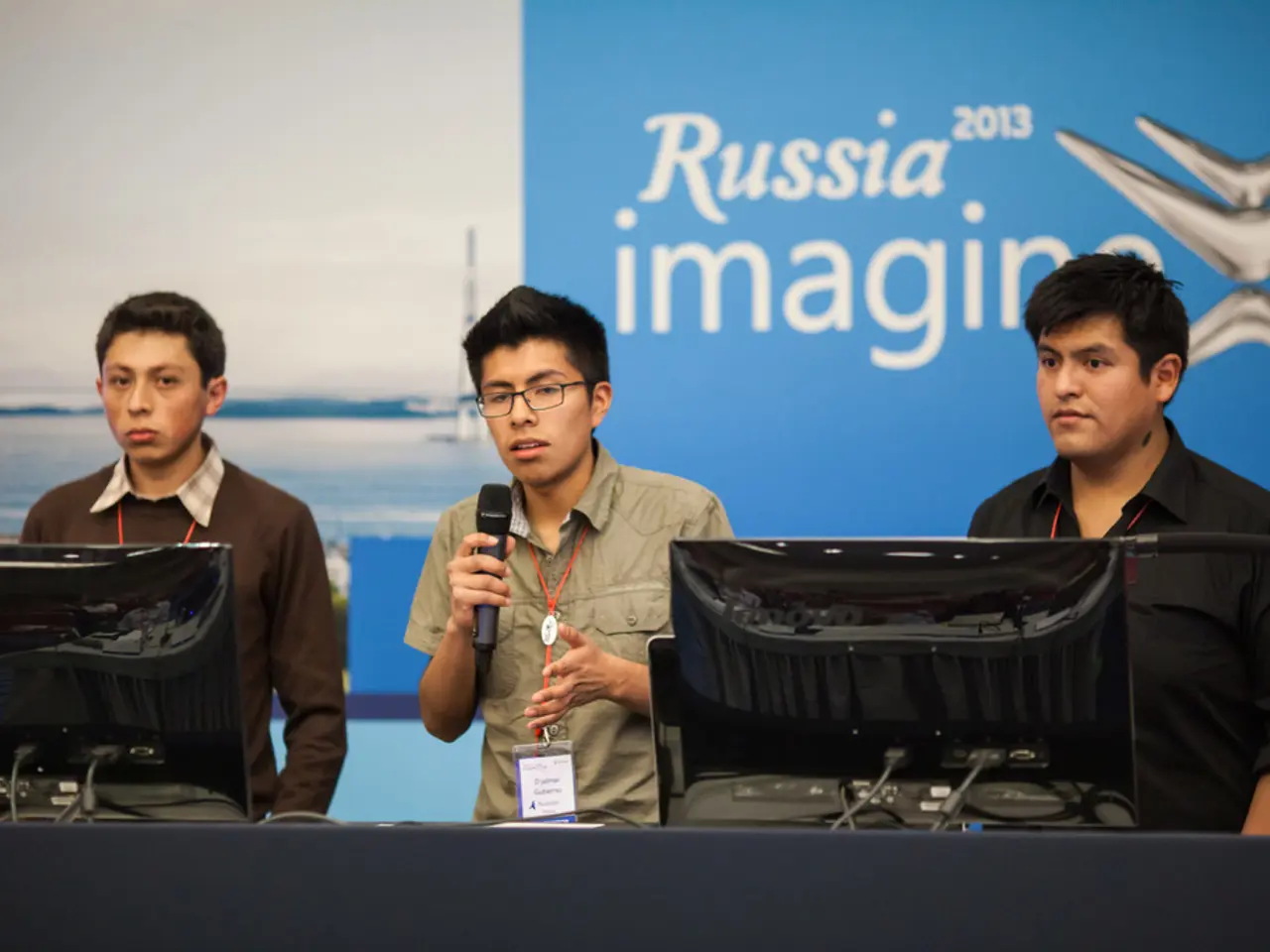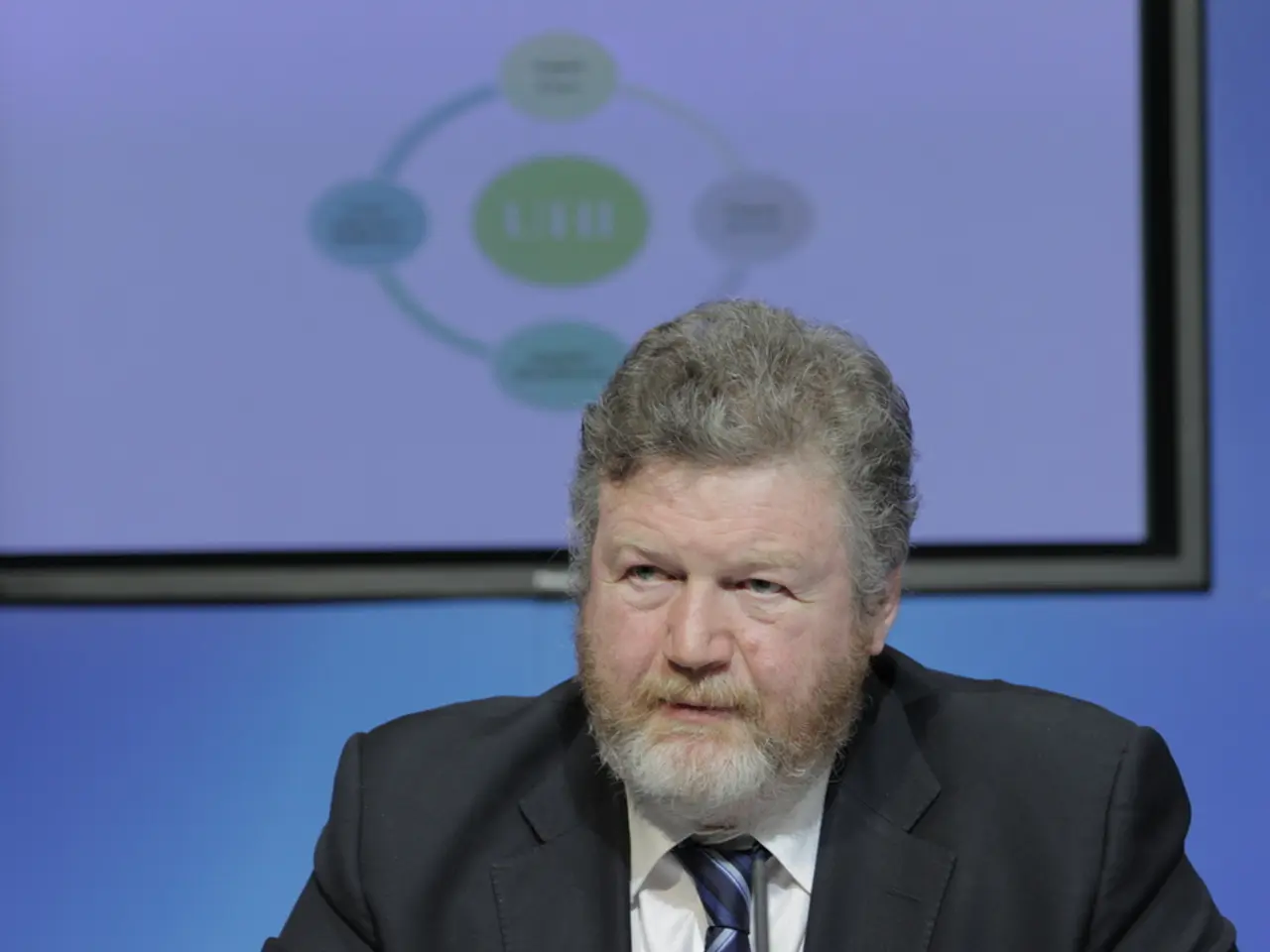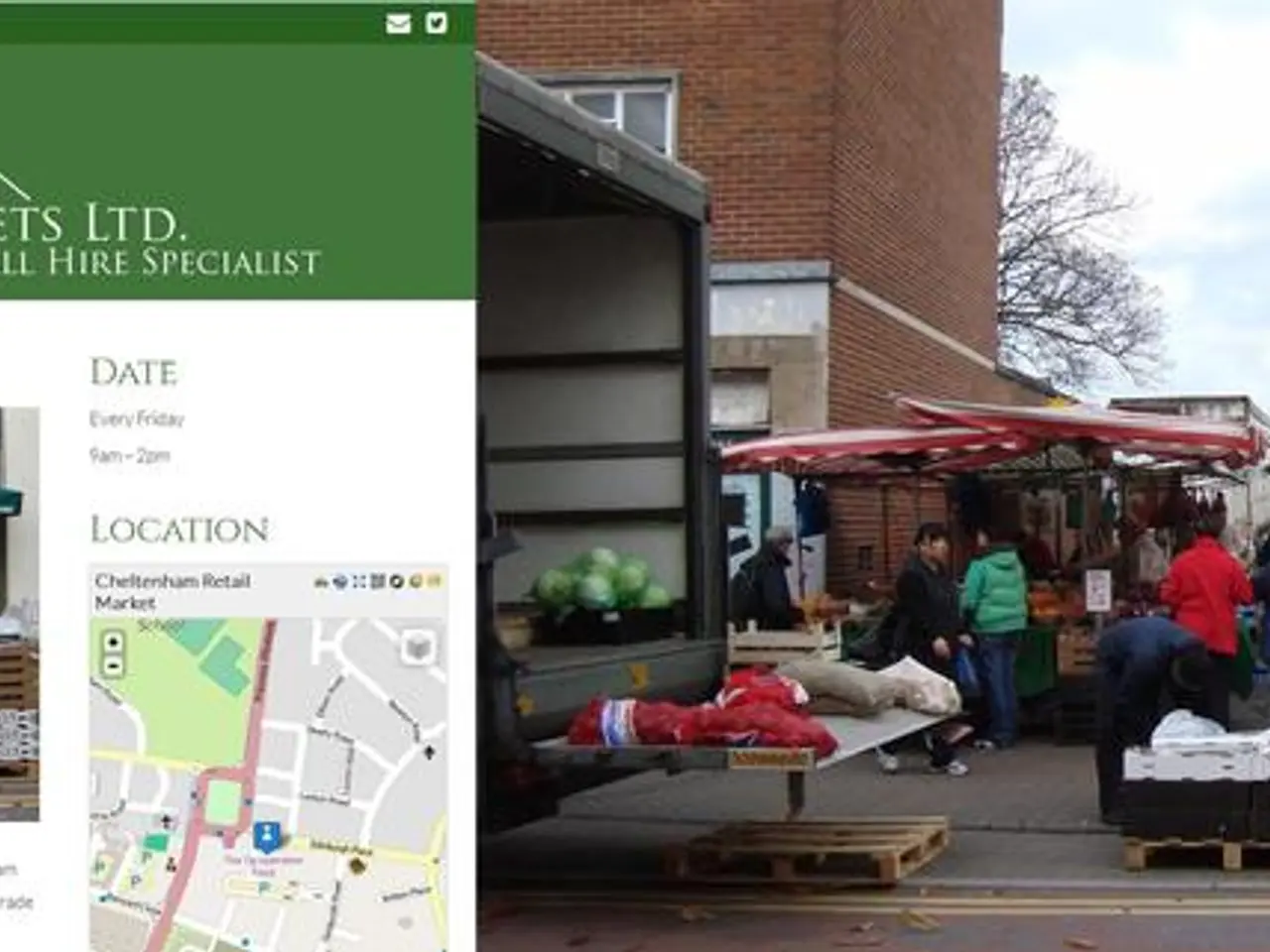Steel giant ArcelorMittal withdraws from green steel initiative at the eleventh hour
ArcelorMittal Bails on Green Steel Plans: A Setback for Germany's Climate Goals
In a surprising move, global steel titan ArcelorMittal has called off its plans to go climate-neutral at its Bremen and Eisenhüttenstadt plants. Citing tricky market conditions, the company has raised doubts about the feasibility of carbon-neutral steel production, expressing concerns over potential price fluctuations and green hydrogen supply shortages.
The German steel industry, notoriously one of the country's biggest CO2 offenders, is under the spotlight as it seeks to contribute towards climate goals. The Federal Ministry of Economics lamented ArcelorMittal's decision, stating that no public funding had been disbursed for the conversion project thus far. The ministry added that there are three ongoing steel projects, slated for implementation. Salzgitter Flachstahl, Thyssenkrupp Steel Europe (TKSE), and SHS (Stahl-Holding-Saar) have received funding approvals worth around 5.6 billion euros combined.
A Disappointing Decision from Bremen Senate
ArcelorMittal was set to receive approximately 1.3 billion euros for the transition to climate-neutral steel production, with Bremen contributing 250 million euros. The Bremen Senate reacted unfavorably to ArcelorMittal's decision, describing it as a rejection of the decarbonization of the furnaces.
Originally, ArcelorMittal aimed to replace a blast furnace in both Bremen and Eisenhüttenstadt by 2030. Plans included building a direct reduction plant and an electric arc furnace in Bremen, powered by green hydrogen in the long run. However, a construction start by June 2025, as stipulated in the funding contract, necessitated the early announcement of the abandoned climate project.
Risks in Procuring Green Hydrogen
Reiner Blaschek, head of ArcelorMittal's European flat steel division, pointed out that the funding conditions for green hydrogen use are tied to stringent terms. Blaschek added that the unpredictable availability and prices of green hydrogen pose significant risks, making a sustainable and viable business model difficult.
Previously, ArcelorMittal had emphasized that the steel industry can only shift to more climate-friendly production if there's enough hydrogen and electricity prices aren't too high. However, the energy sector argues that hydrogen is still insufficiently available and expensive in Germany, and electricity prices remain high compared to international norms.
Former federal economics minister Robert Habeck had highlighted that climate projects from the steel industry would be essential for boosting the hydrogen economy by creating crucial customers. Habeck had been spearheading the transformation of the steel industry with multi-billion euro funding.
A Risky Future for Steel Plants and Jobs
The cancellation of green conversion plans by ArcelorMittal has sparked concerns among unions about the prospective fate of steel plants and the potential impact on jobs. The predicament underscores the social challenges linked to overcoming technological and economic hurdles in the industry.
The Path Forward
To set the stage for a sustainable and competitive green steel sector, enhanced government support, reduced energy costs, scalable hydrogen infrastructure development, technological innovation, and industry collaboration are crucial. ArcelorMittal's cancellation of its German green projects underscores the urgency of addressing these factors to preserve the future of steelworks and employment in the region.
While carbon-neutral steel production using green hydrogen holds potential for decarbonizing the German steel industry, the current economic and policy landscape poses significant challenges. Overcoming these difficulties demands increased government backing, energy cost reductions, improved hydrogen infrastructure, technological advancements, and industry collaboration to facilitate a green steel sector success. The recent ArcelorMittal project cancellations emphasize the imperative of addressing these factors to avoid compromising the future of steel production and employment in Germany.
- The German government, with a focus on businesses like ArcelorMittal, needs to investigate sustainable finance options to support green hydrogen production and address the uncertainties surrounding availability and pricing.
- In the sports arena, the German steel industry can draw parallels from the determination and resilience demonstrated by athletes to overcome challenges, in this case, technological and economic hurdles, for a successful transition to green steel production.





